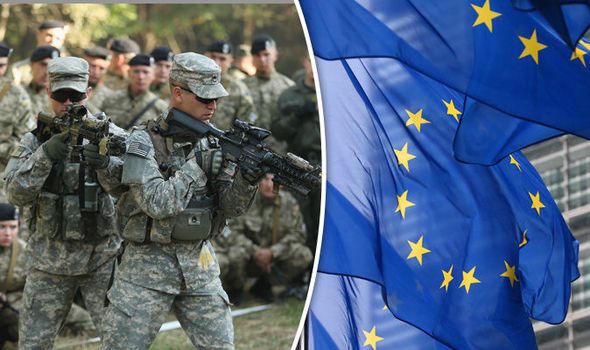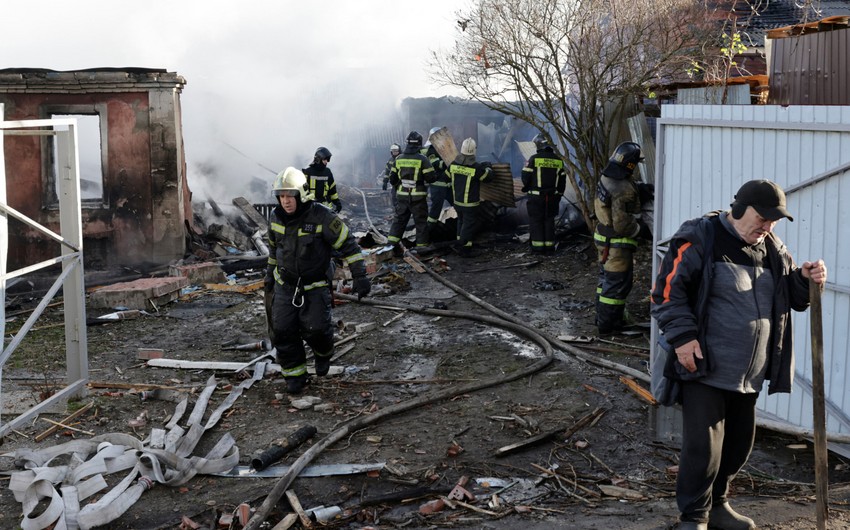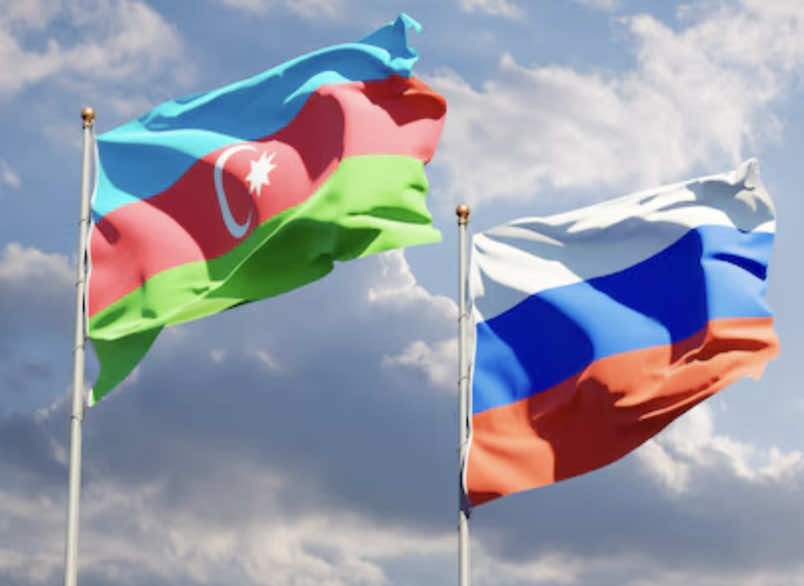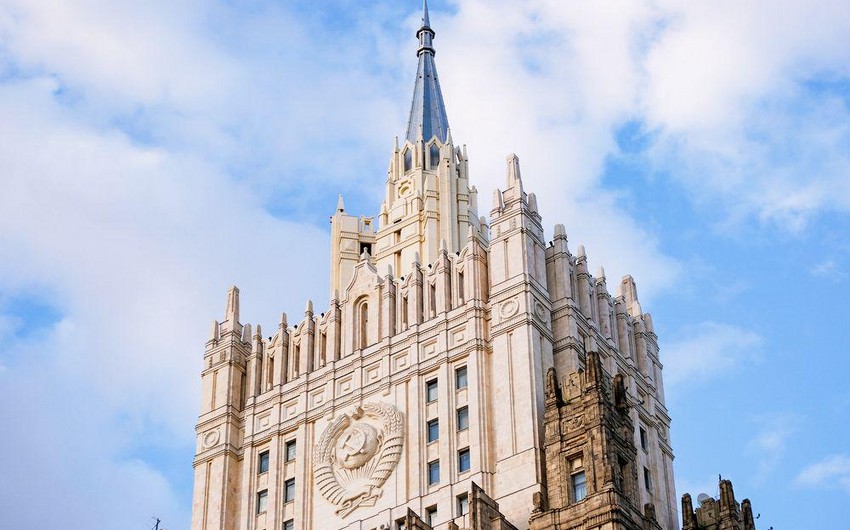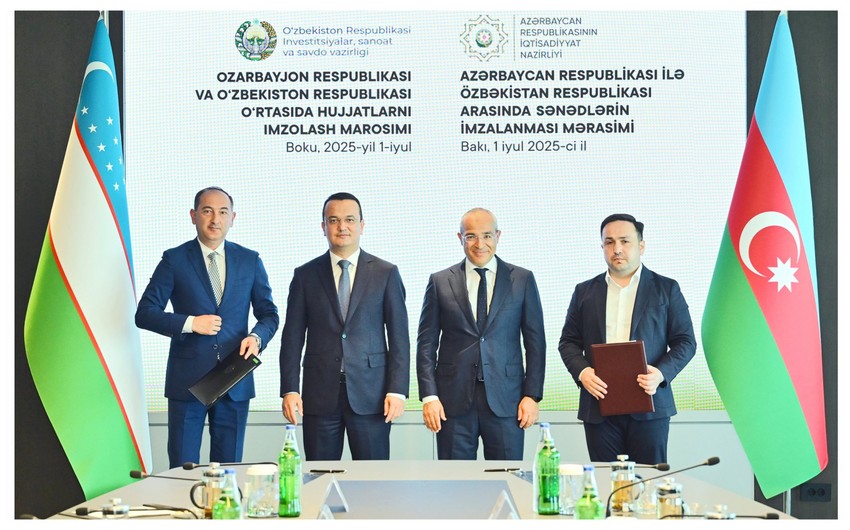In the institutions of the European Union - council, commission and parliament security and defense cooperation among EU members that is one of the most important issues have been discussed comprehensively and deeply for more than 20 years. The governments of the EU members are related to the current problems - such as terrorism, flow of migrants and the Russian threat that urge them to facilitate the process of the reinforcement of the common security and defense unity.
Eurasia Diary interviewed Radu Magdin, an analyst and consultant, former advisor to the Prime Minister of Romania and Vice-President of the Strategikon think tank regarding the reinforcement of the security and defense unity.

Eurasia Diary: In your opinion, what is the contribution of the establishment of the European Defense Unity to common security in Europe?
Radu Magdin: It's a first big concrete step in terms of defense. In its most basic form - the European Defense Fund - it primarily addresses issues of scope, financial capabilities and R&D cooperation: it is for the first time that Europe would have its own means to pool efforts for common causes, in terms of defense. We previously had the 2-3 European defense corporate conglomerates, whose efforts were geared more toward technological platform and equipment. The European Defense Fund would complement those efforts by ensuring that the knowledge gap is finally bridged.
In a broader sense, this would allow for the creation of European operations and shared capabilities that would be supported equitably by the GDPs of all MS. This would alleviate some of the pressure on the budgets of big countries, while allowing smaller countries to participate without breaking the bank. In time, the exercise of participating in the co-management of shared assets will help build a European way of doing things.
Eurasia Diary: How can you assess the role of European institutions - European Council, Commission and Parliament - in the reinforcement of security and defense in Europe?
Radu Magdin: The Council remains the primary driving force behind any security cooperation current or future - within the 2025 horizon. What the Security & Defense Union proposals present us is a vision in which the Council would turn some of the ad-hoc decision making and current cooperation into procedures that could be run directly under the purview of the Commission. While this would not be replacing national security and defense arrangements, it would streamline cooperation between states. (which does not mean informal, bilateral and multilateral cooperation will cease to exist)
The more security and defense will become part of the core of EU functions, Parliament will have a role in it as well. This will entail some changes to the way the Parliament functions with regard to security & defense and we may see a replication of national politics, particularly with regards to protection of rights and liberties, but at an EU level. Conversely, increased cooperation without mainstreaming would mean only a partial involvement of the Commission, with a marginal role for Parliament (who would still be voting on the EU budget!), but would allow intergovernmental cooperation to go on under the radar.
Eurasia Diary: From your point of view, why the Global Strategy for European Union’s Foreign and Security is necessary for the security and defense of the European Union?
Radu Magdin: The EU have not had a strategic document outlining coherently scope, ambition, resources, principles and values that were to be mobilized for EU's role in the world. In fact, until the current Commission, the notion of a EU as a global actor was still being contested, in the sense that member states wanted Europe to act in an economic actor capacity, but not much more than that. Since the latest treaty (of Lisbon), the Union was able to undertake diplomatic functions to support its previous activities, and singe the Global Strategy, it has a scope and vision to build towards.
It was very important, for the credibility of the Union, to decide and to state it publicly, what its intentions were with regard to the rest of the world, and how it wanted to play on the global stage. For any international partner or other inter-governmental architectures (ASEAN, for example), it was very important to know if Europe finally got together, talking as a block, or if it was still a matter of talking to individual member states.
A further element to the Global Strategy, it is the first time the Union pronounces itself on the role it wants to have in terms of a global security actor, going from a soft power and putting troops on the ground mostly to respond to some emergency situations around the world, up to working towards a fully fledged diplomatic, security (and possibly defence) apparatus.
Eurasia Diary: How can you estimate the role of Bratislava Declaration in the development of European defense and security unity?
Radu Magdin: The Bratislava Declaration was an important statement that needed to be made in a moment when Europe was a shaky ground. The world was looking with concern at the US electoral race, Europe was still reeling from its Brexit moment, the security situation was perceived very differently in different parts of Europe with regard to the migrant flows, and overall, Europe was still feeling the effects of the economic crisis in 2008, with a particularly disaffected group represented by youth, particularly due to unemployment. On such a background, the Bratislava Declaration was an important political statement showing, first of all, that Europe is listening and is aware of the concerns people have, from economic opportunities to security and social aspects.
When it comes to the creation of the Security Union, though, we need to recognise that what we have so far is expressions of good will and support. Ultimately, the Security & Defence Union is still a theoretical concept, with fragments of it currently active, but divided in between different departments of the Commission and the Council of the EU. Most of what the Sec & Def Union is supposed to be is yet to be created, and in this sense, the fact that political leaders agreed on the text of the Declaration can only be seen as a mild indication of how the member states will behave when it will come to negotiating S&D cooperation.
The most important role the Bratislava Declaration played was that it brought the member states, and to an extent the public as well, on the same page in terms of threat perception; it unified the front, so to say. Because it stated clearly for everyone that unemployment, migrants flows, and military aggression in the EU's neighbourhood are equally important.
Eurasia Diary: What can you say about the EU-NATO cooperation in defense sphere?
Radu Magdin: It is shaping up into one of the great collaboration success stories in the history of multilateral institutions. While the membership of the two organizations is not identical, we are now looking at a situation in which all member states of the two organizations are stepping up cooperation to address common challenges. These are not challenges partial to the agenda of a small group of countries, or only to some of the big players. EU-NATO cooperation is focusing first and foremost on the critical threats that needed to be addressed by the Western World - hybrid and cyber, along which scientific cooperation, energy security, security of neighbouring regions are picking up.
Both the EU and NATO were increasingly fast at responding to the new threats posed by hybrid and cyber, and the fact that they decided to, in a sense, pool resources, shows the importance and extent of their work together. To give just two examples of the symbiosis between the two organizations - when Russian propaganda started being an issue after the annexation of Crimea, the EU turned to NATO's StratCom COE for a quick response solution, developed collaboratively. More recently, Finland established a European centre of expertise on countering hybrid threats, whose work is shared with the EU and, via the privileged partnership, also with NATO. So there are synergies and support that go both ways.
For a few more years, it will be the NATO umbrella that will have to cover multilateral operations outside the geographical bounds of the EU. However, given the process of reflection on the future of European defence, we may soon be seeing Europe starting to lead its own operations, which will present the opportunity for mutually reinforcing presence and operations to serve the needs of the trans-atlantic allies.

